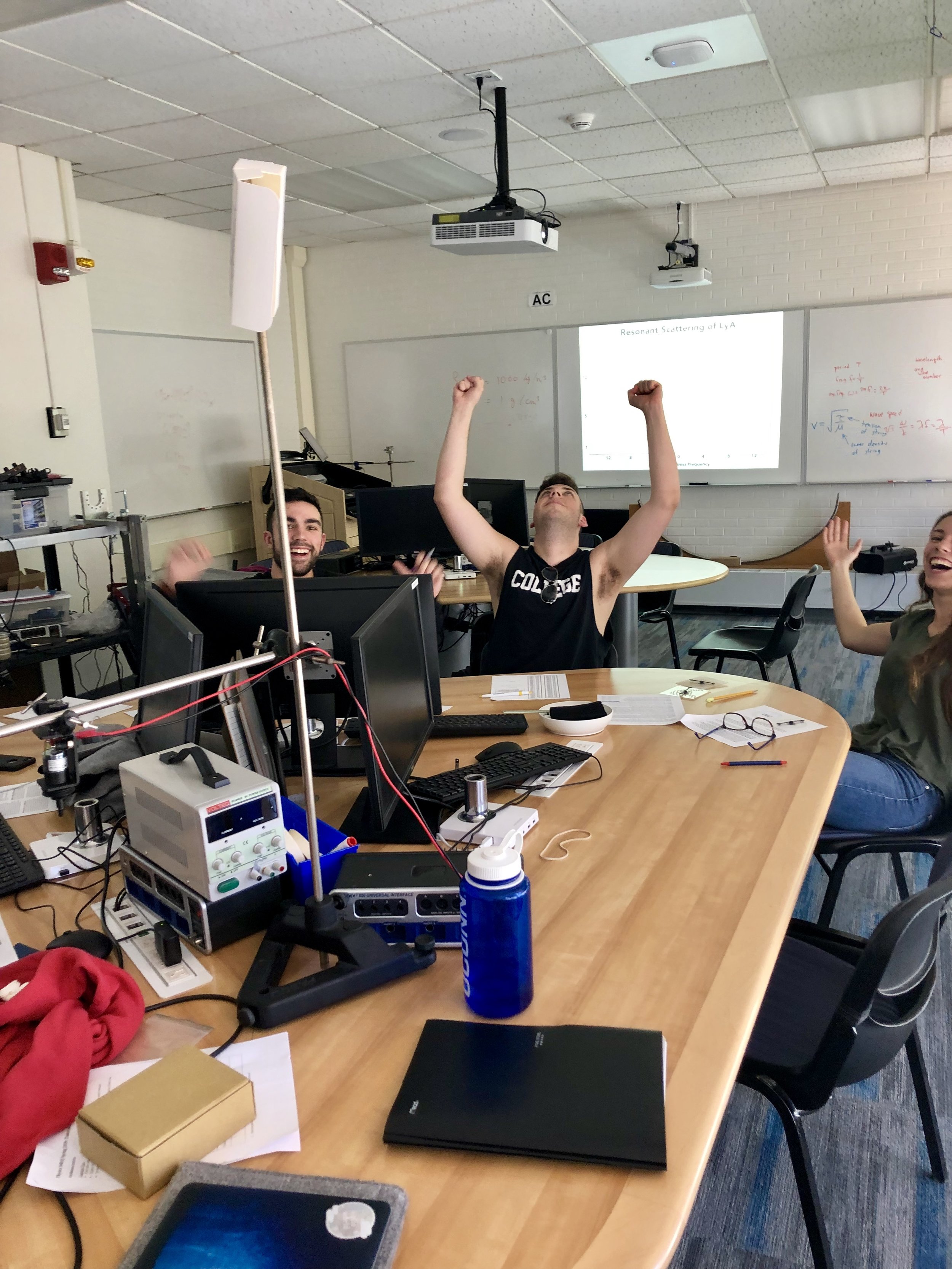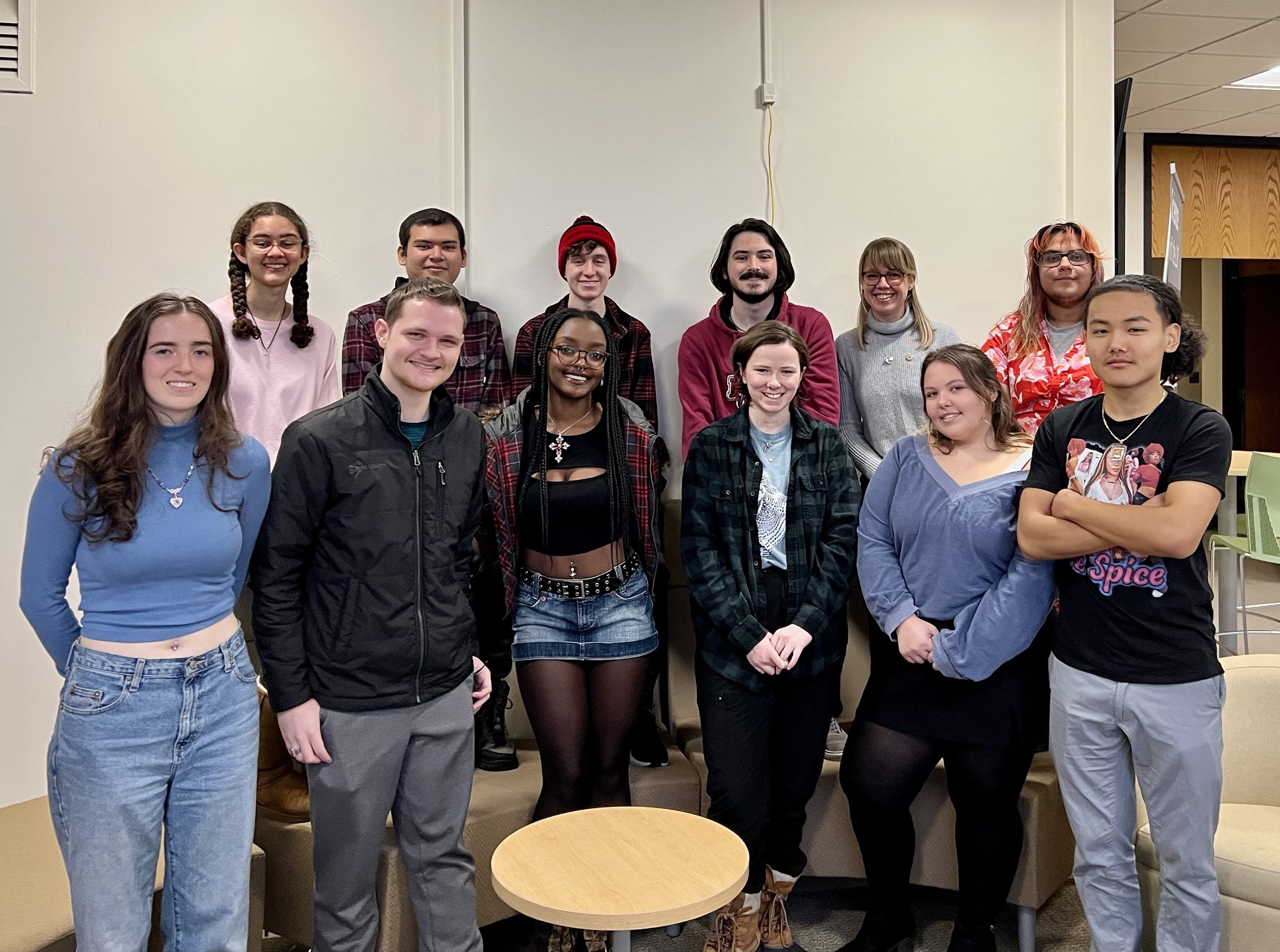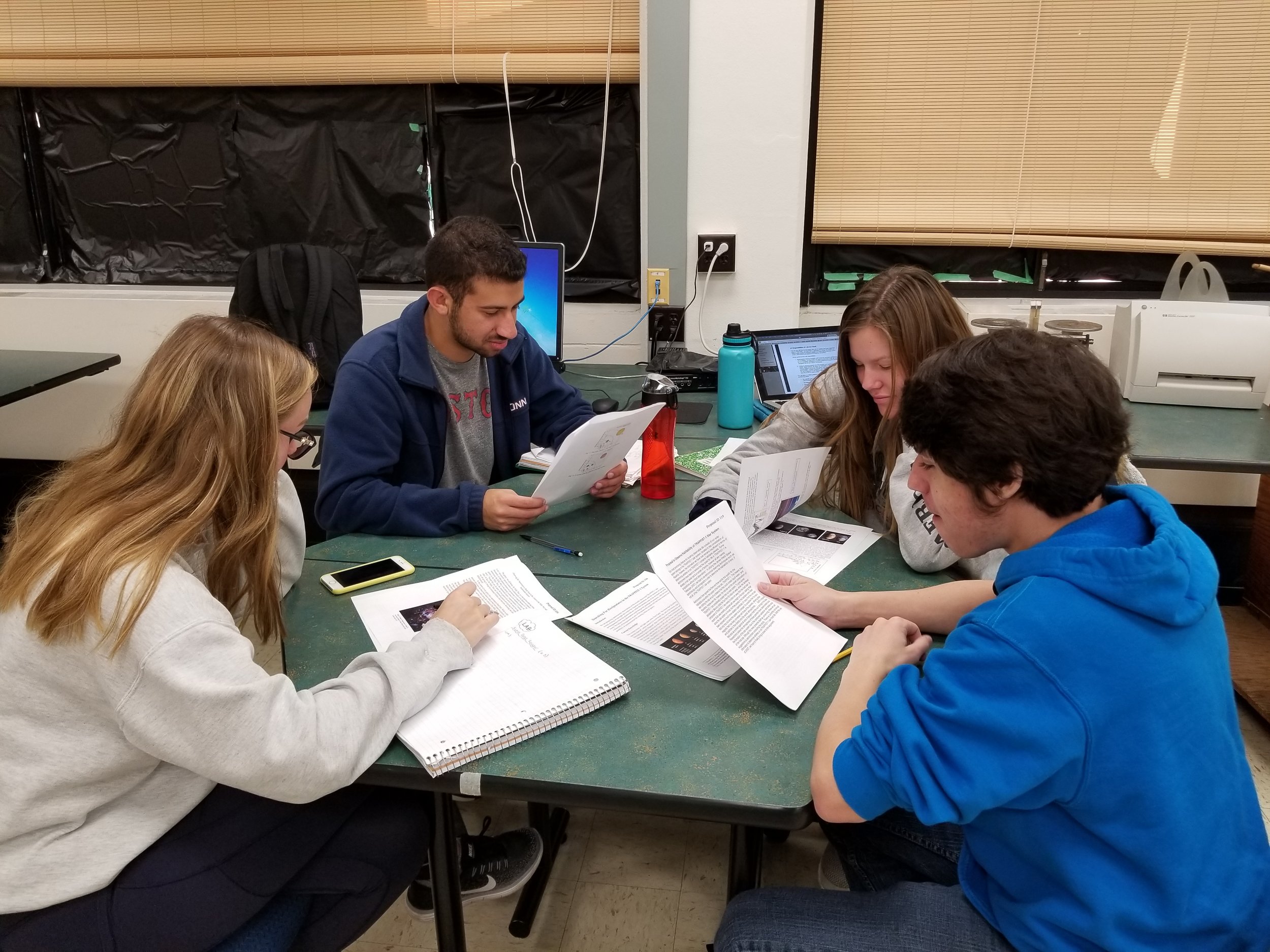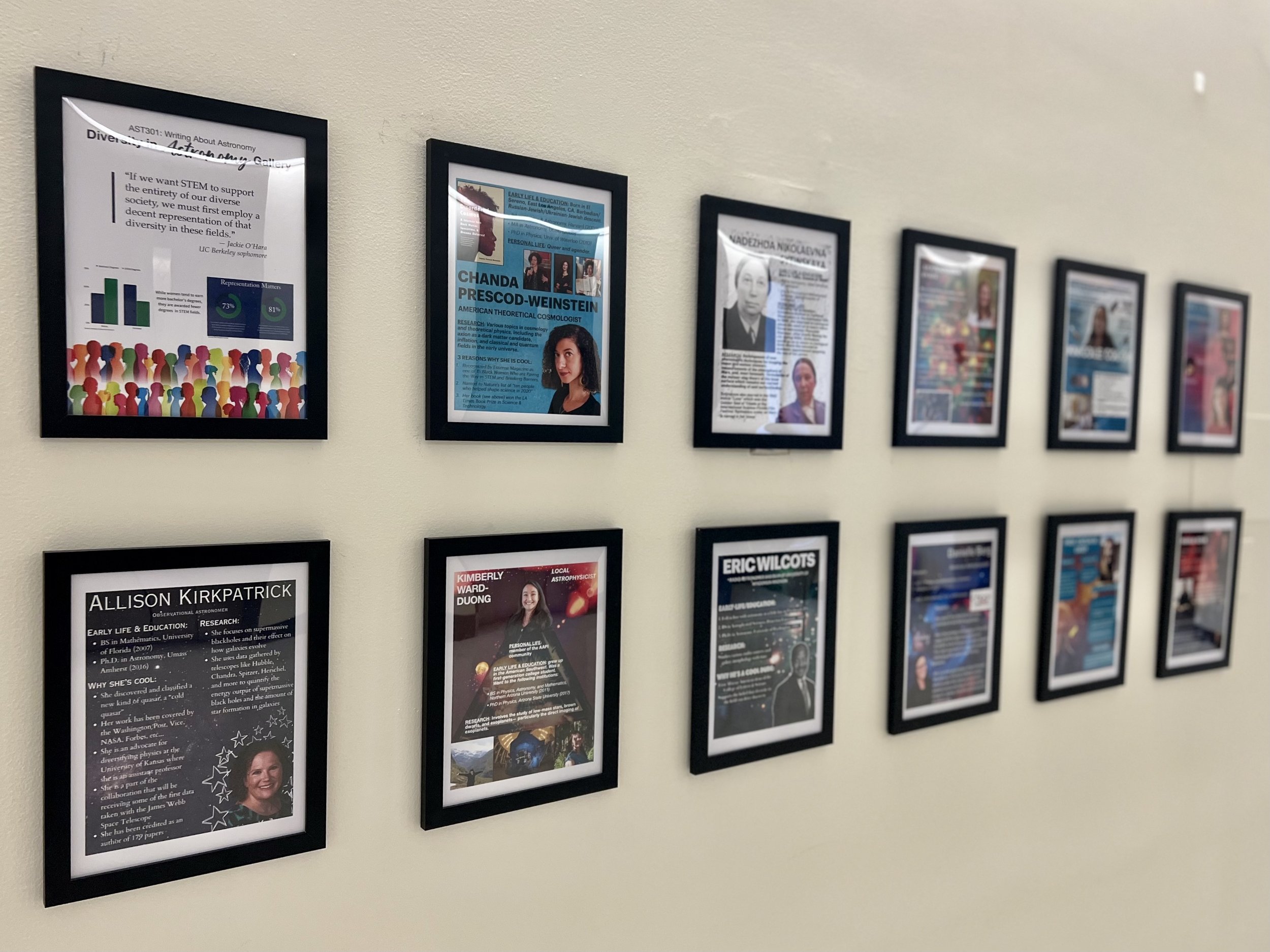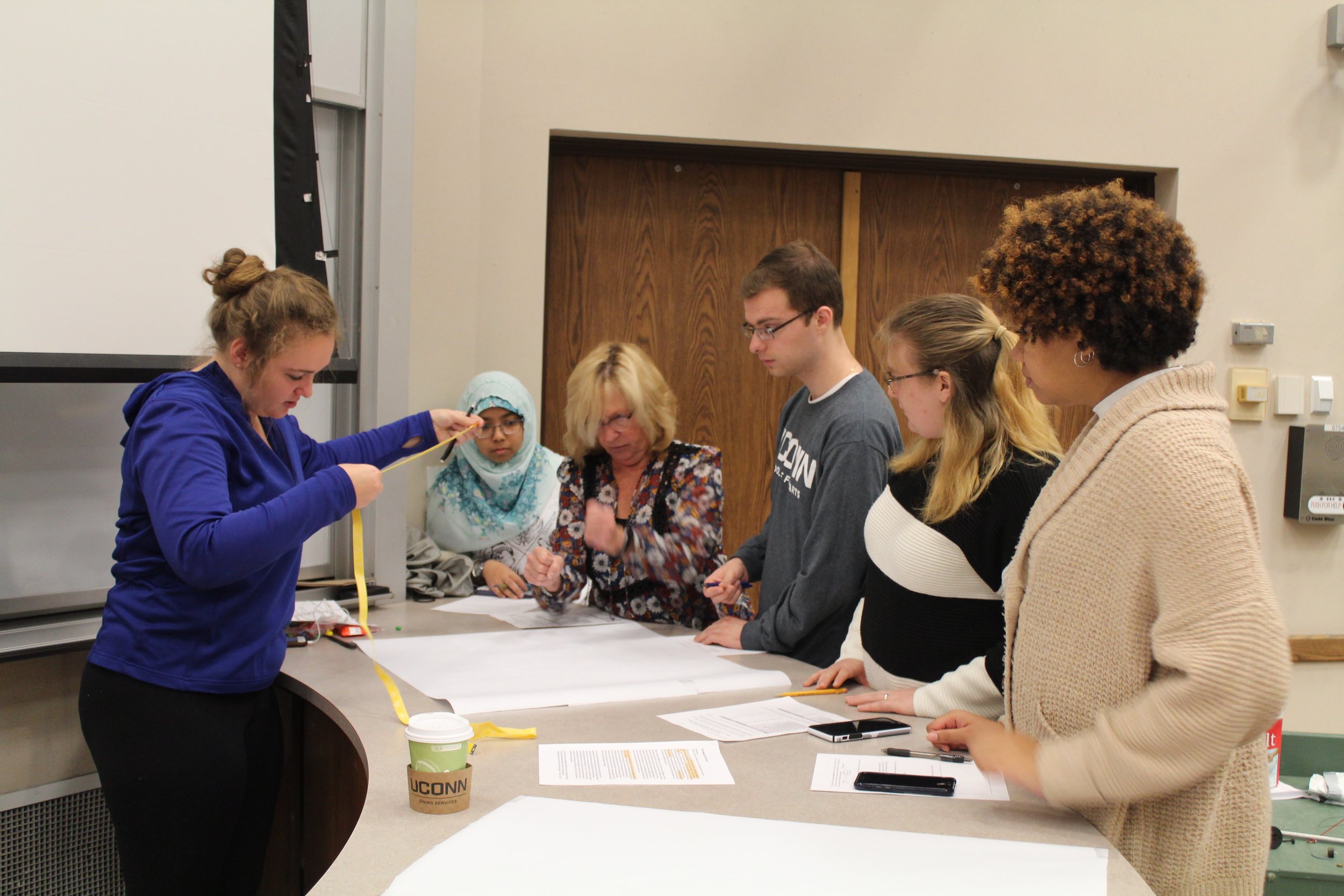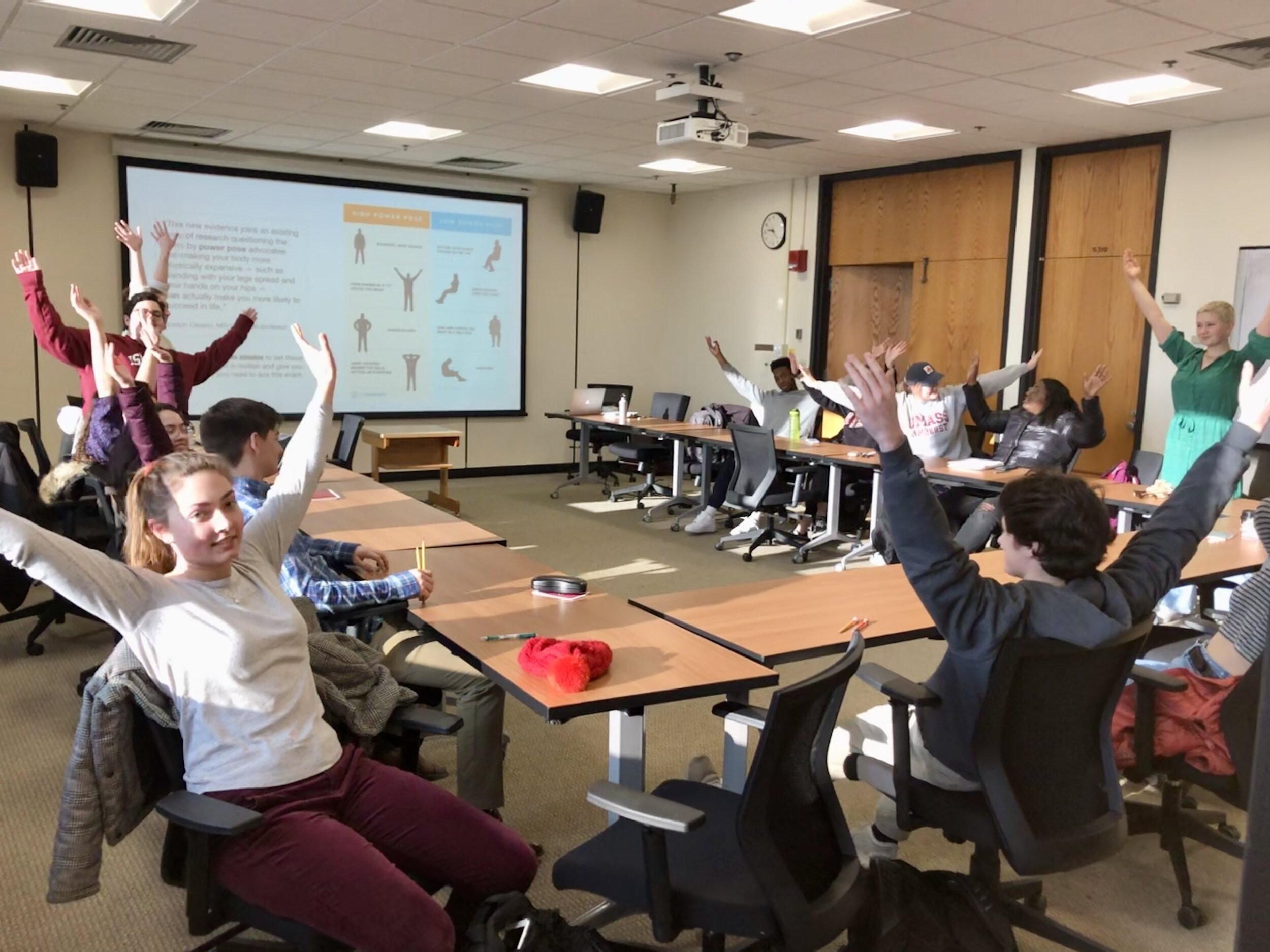“Science is a way of thinking much more than it is a body of knowledge.”
ASTRO301: Writing about Astronomy (Fall 2021-2025)
This course satisfies the Junior Year Writing requirement, with the goal for students to practice and develop critical awareness in a variety of contexts that might be encountered in astronomy/physics careers. My long term vision for this course is to promote significant learning by ‘learning how to learn’, where I aspire to help students to recognize effective astronomy writing styles and techniques and apply them in their own science communication. Ideally, students will build a diverse toolkit for effective reading, impactful writing, and engaging communication of astronomy topics. Course material is available directly through Canvas.
ASTRO452H: Astrophysics II: Galaxies (Spring 2021, 2024)
This upper level undergraduate course describes the observations and scientific theories that shape our understanding of astrophysical phenomena related to galaxy formation and evolution. The goals of this class are (1) to help the student further develop some of the skills central to life as a research scientist (collaborative learning, effective reading, scientific writing, and order of magnitude analysis), and (2) to help the student become familiar with the most important themes and paradigms in the field of galaxies and galaxy evolution, thinking of problems as practitioners in the field do. Course material is available directly through Moodle. The class will be held remotely, leveraging Google Colaboratory for in-class activities and to gain experience in Python coding.
ASTRO792A: Review of Current Literature (Fall 2020)
As a part of our department journal club for graduate students, we developed several workshops this semester, including a workshop on making effective plots and presentations and a workshop on developing a professional webpage. The department was invited to participate in a “Data Challenge”, synthesizing data on arXiv submissions pre- and amid the COVID-19 pandemic. Students also led traditional journal club style presentations on current literature and independent research projects.
The “Draw a Scientist" Experiment
The results are evolving away from the stereotypical white male scientist to instead celebrate our diversity.
ASTRO191A: First Year Seminar (Fall 2020)
This is a weekly class exploring the field of astronomy and the latest astronomical results. Topics include an introduction to the UMass Astronomy Department, an overview of astronomy major requirements, discussion of mental health challenges in college and specifically STEM fields, and exposure to campus resources available to support students. In order to form astrophysics identities, students will gain first experience with authentic research through a series of four modules using Google Colaboratory and other astronomy software packages. The research modules are publicly available. and all other resources are available upon request.
ASTRO100H: Exploring the Universe (Spring 2020, Spring 2022)
Commonwealth College students at UMass Amherst in this honors course will take the longest and further journey possible. They will embark on an evidence-based exploration of the myriad of wonders of our observable Universe, from the present day back in time to only moments after the Big Bang. This course does not have any material fees, leveraging open education resources and modern pedagogical practices. The learning goals include becoming familiar with and conversant about the fundamental constituents of the Universe (galaxies, stars, gas, dust, particles, and radiation), being able to use basic laws of physics and simple unit analysis to better understand the Universe around you, and to develop an understanding and appreciation of how science works and how we know what we know, recognizing models and theories and the use of the scientific method in acceptance or rejection of various theories.
Check out Our Astro191 Astronomical Images Fall 2020 Gallery:
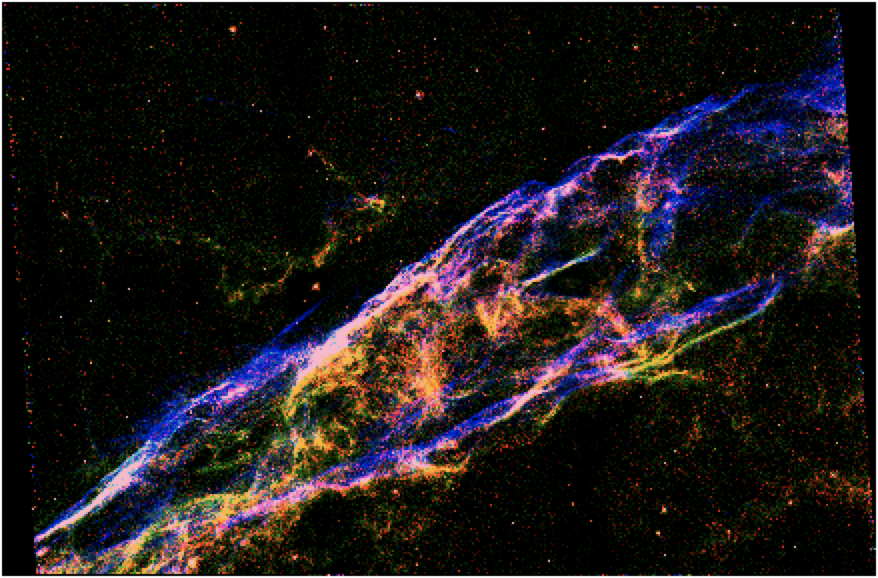
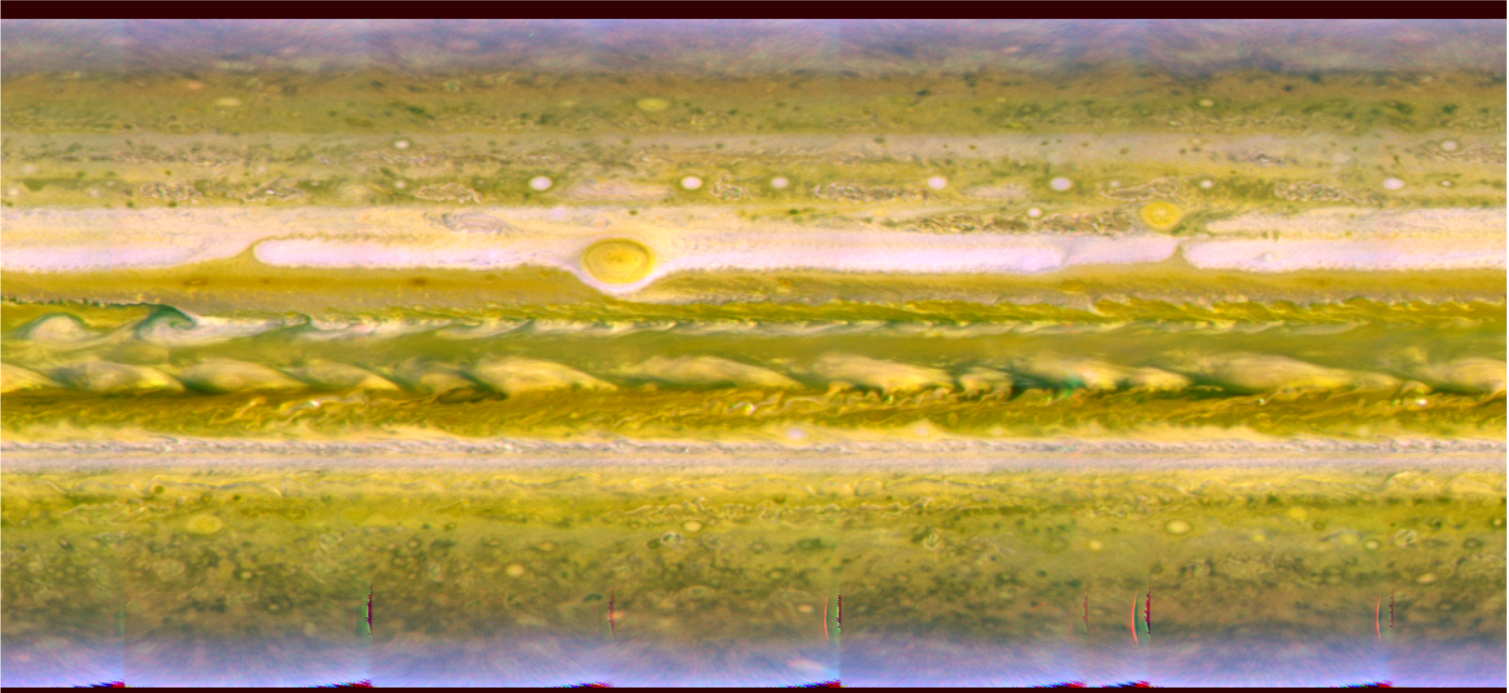
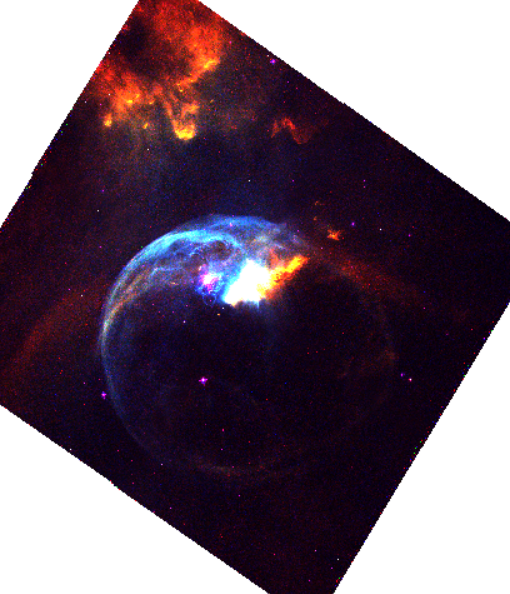
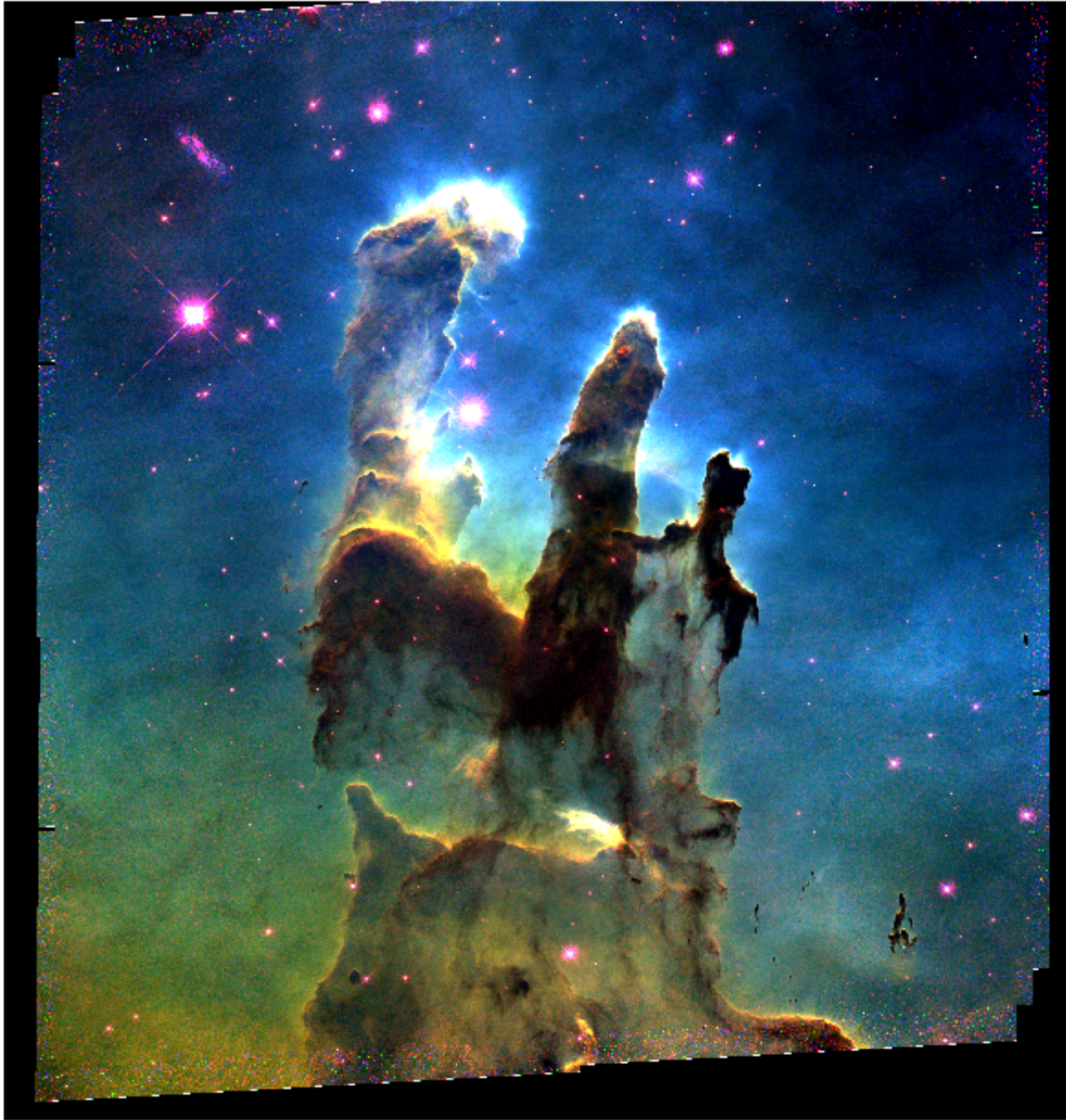
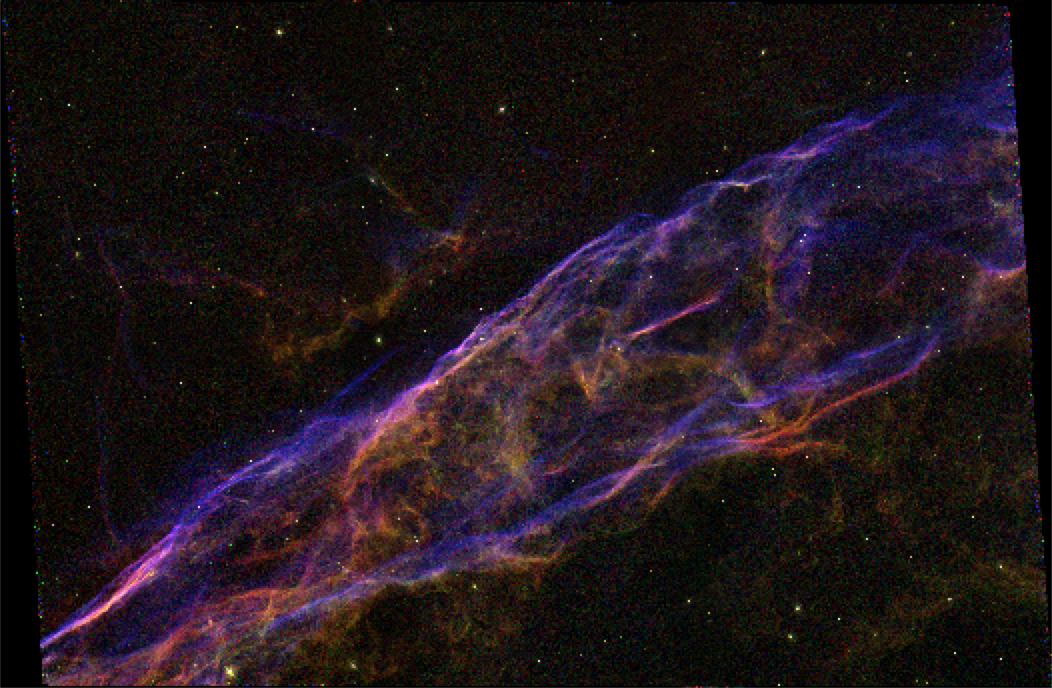
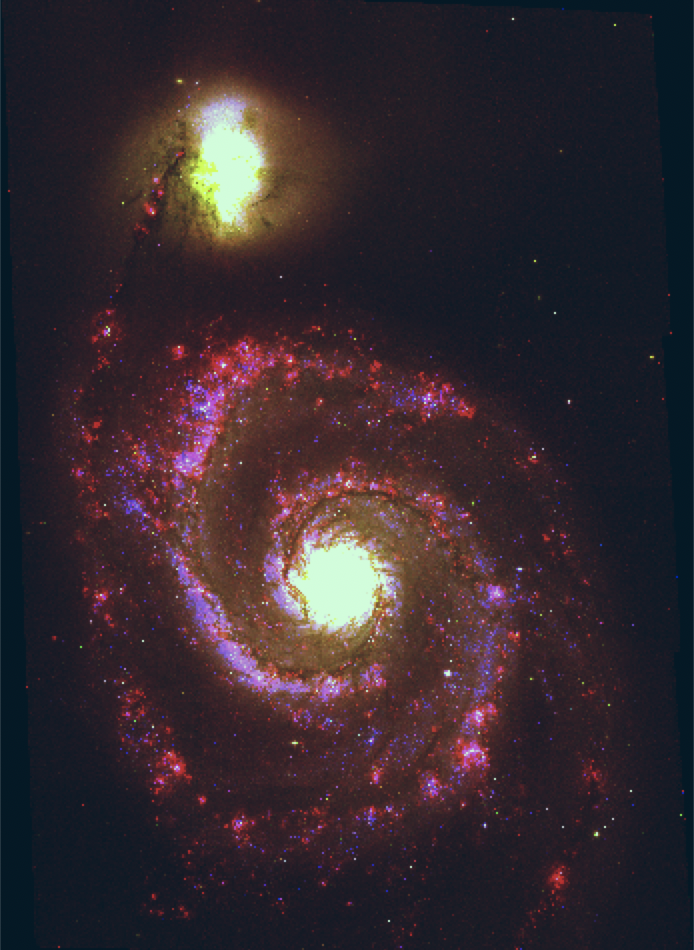
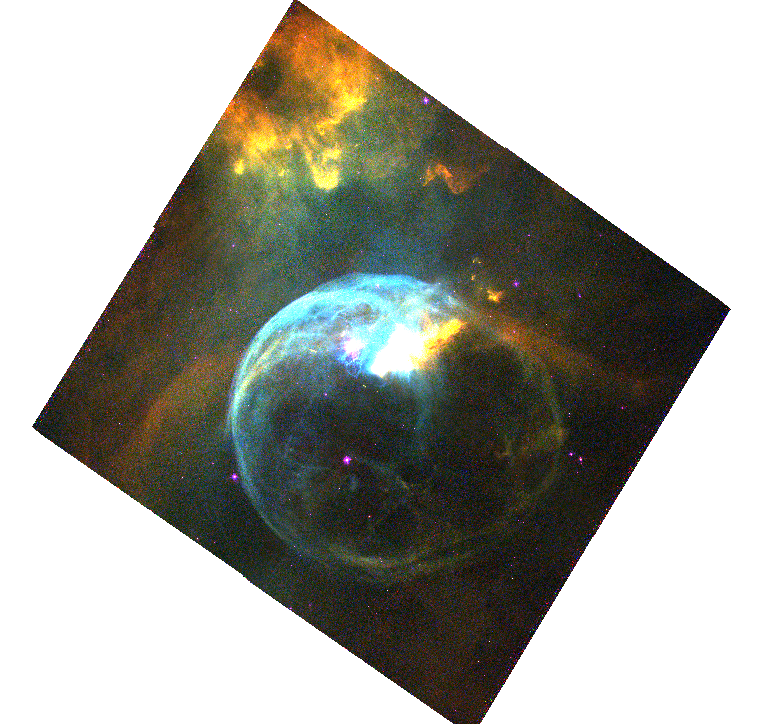
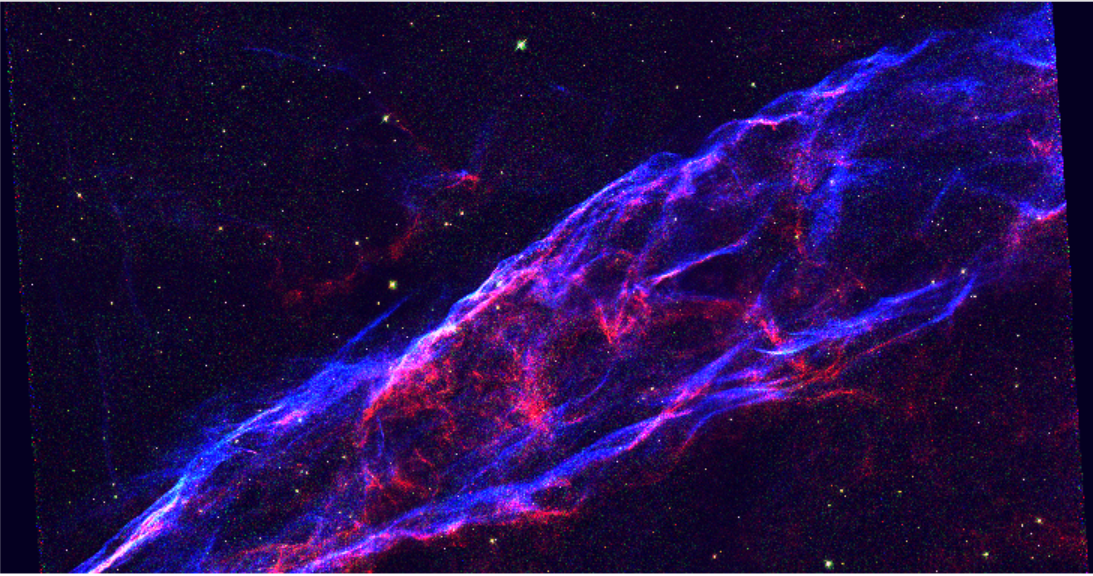
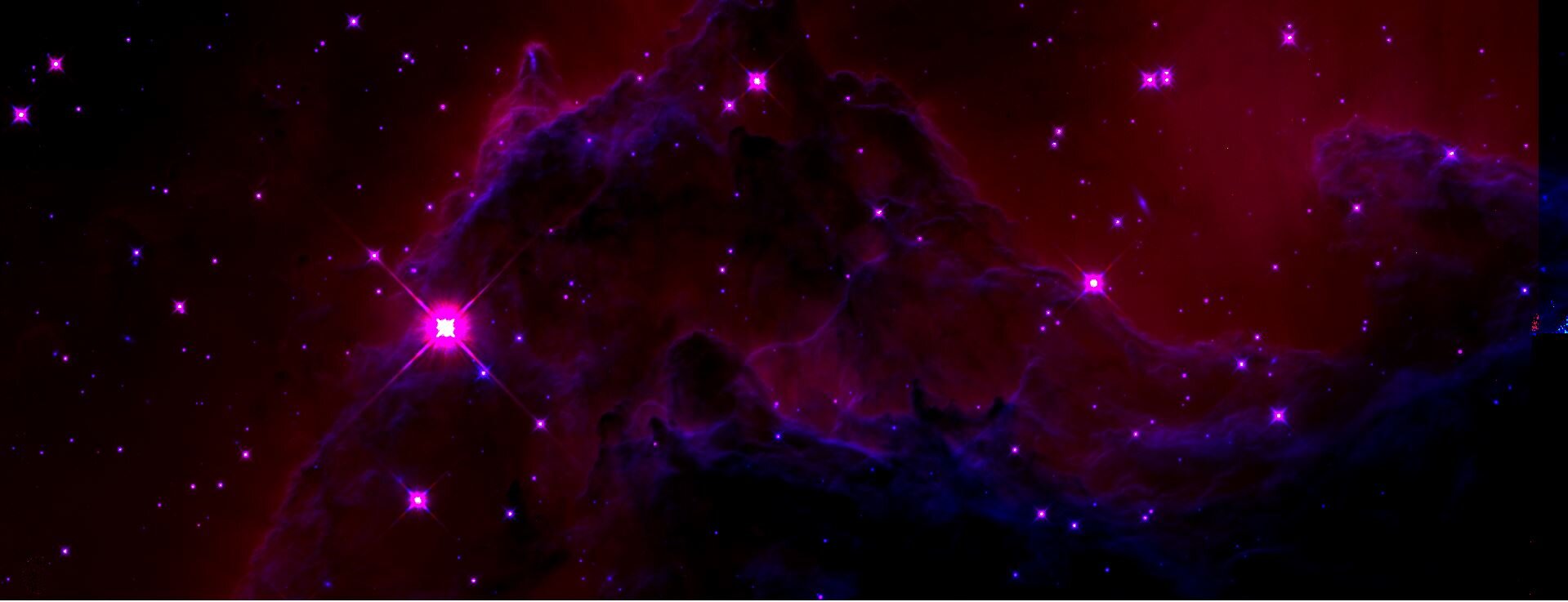
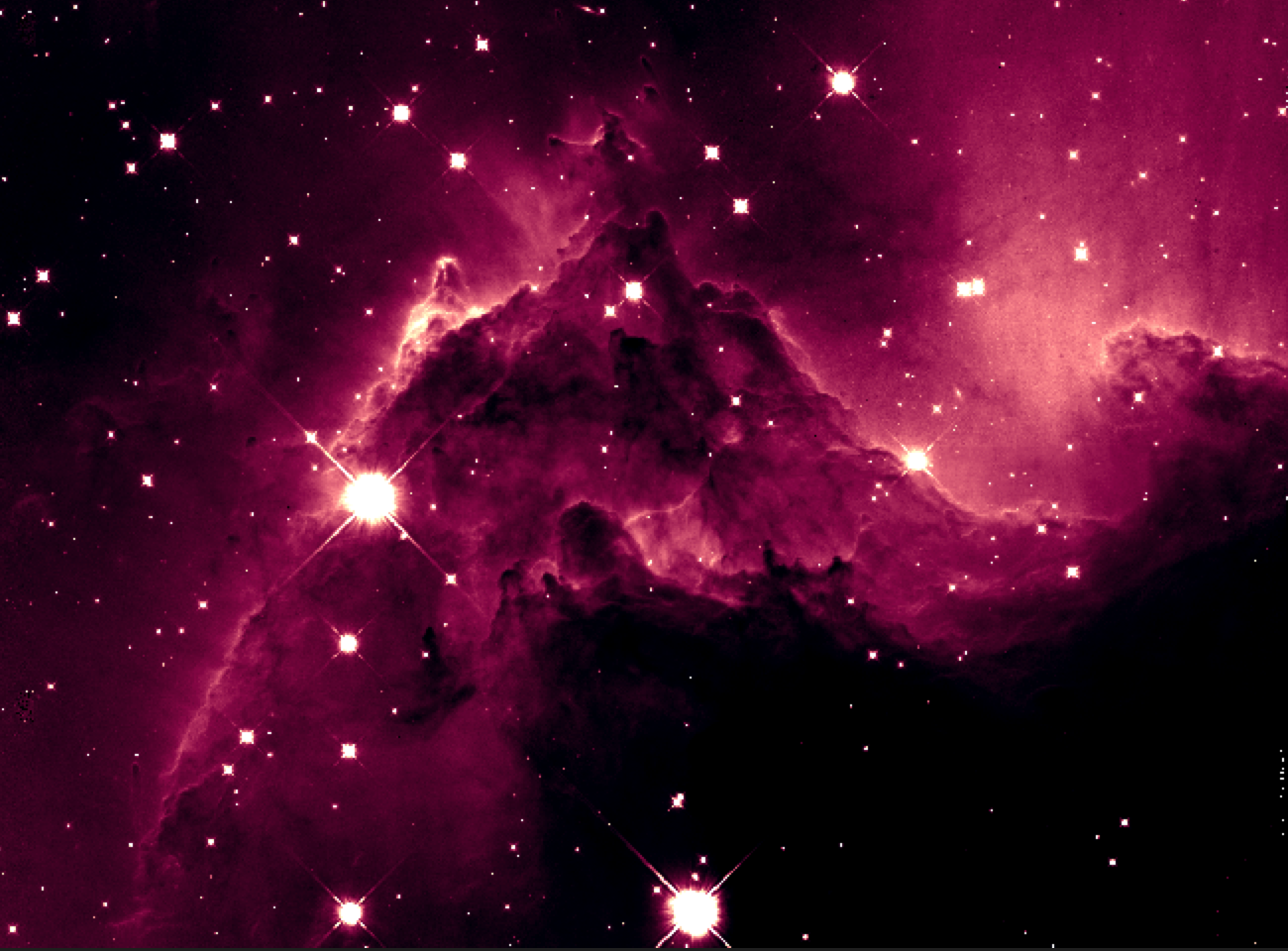
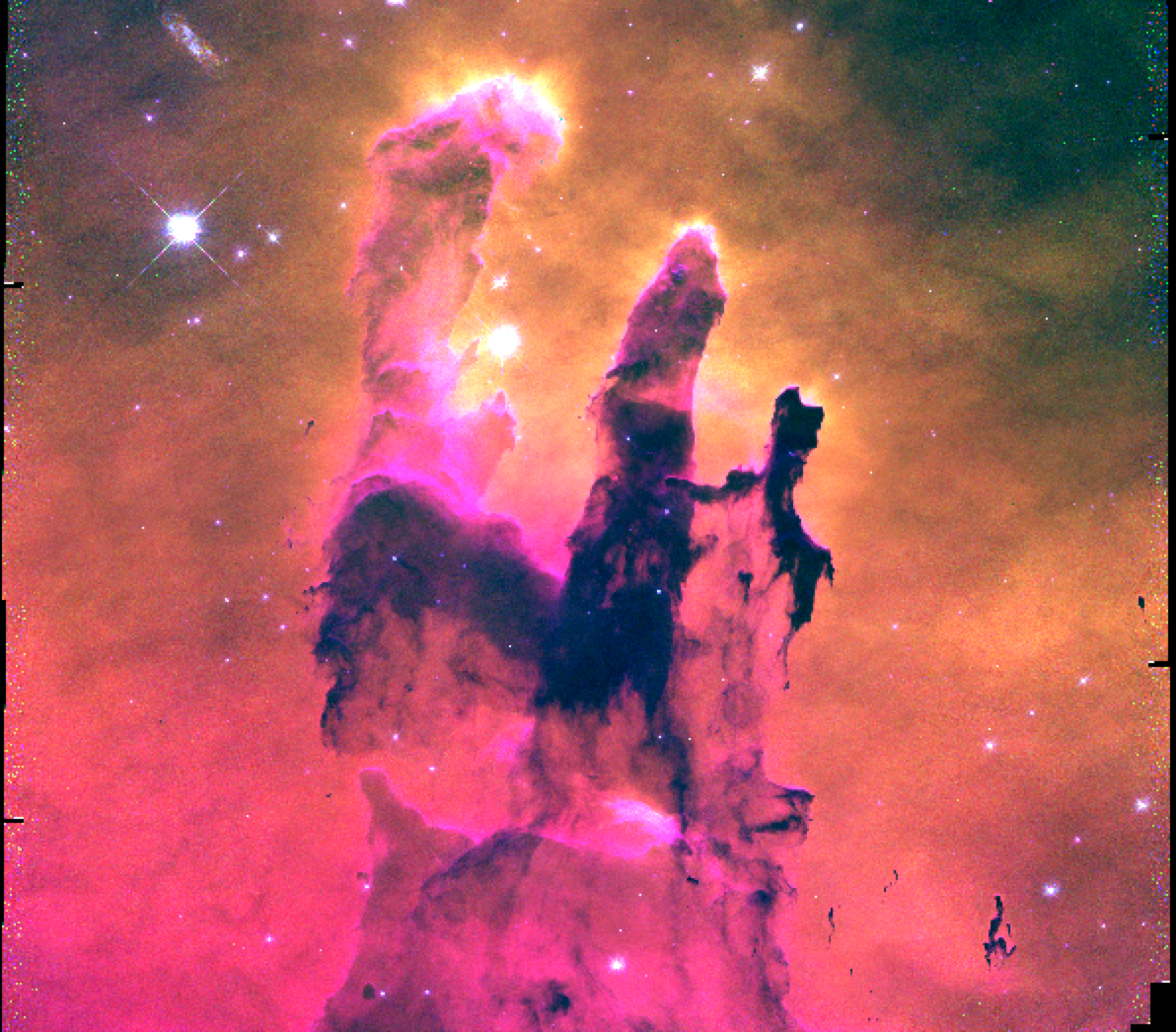
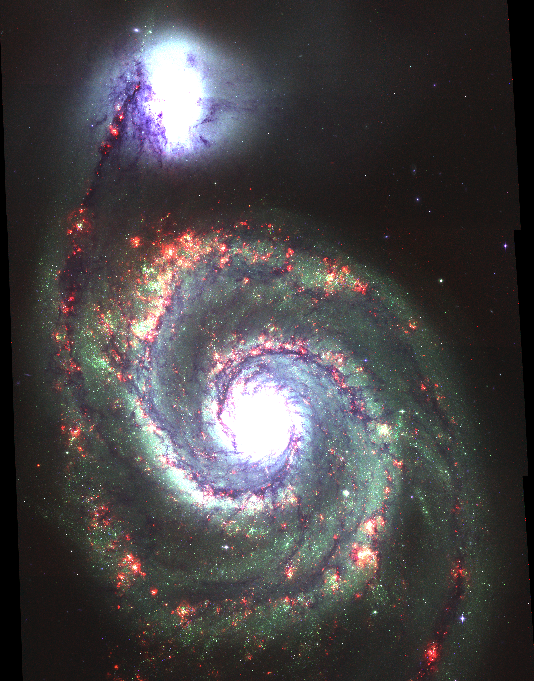
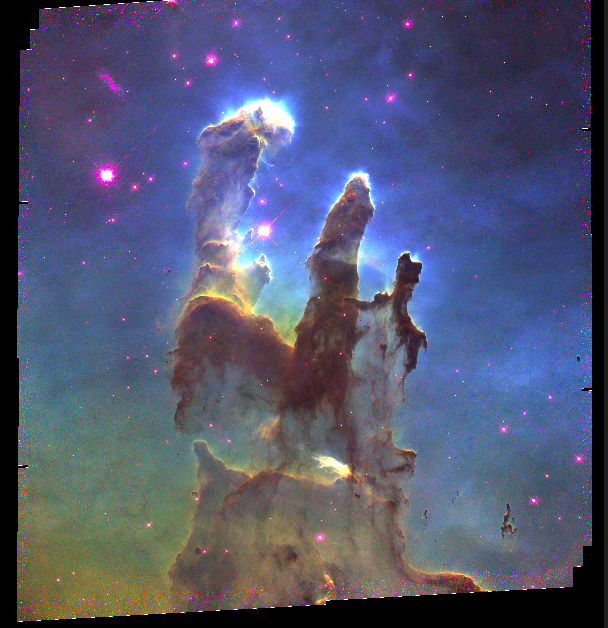
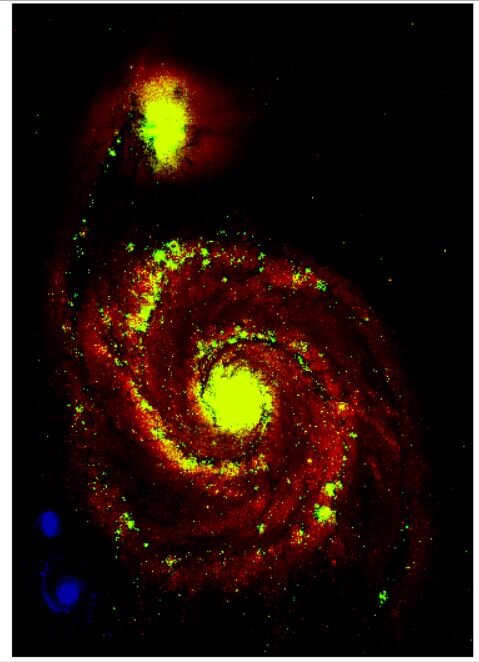
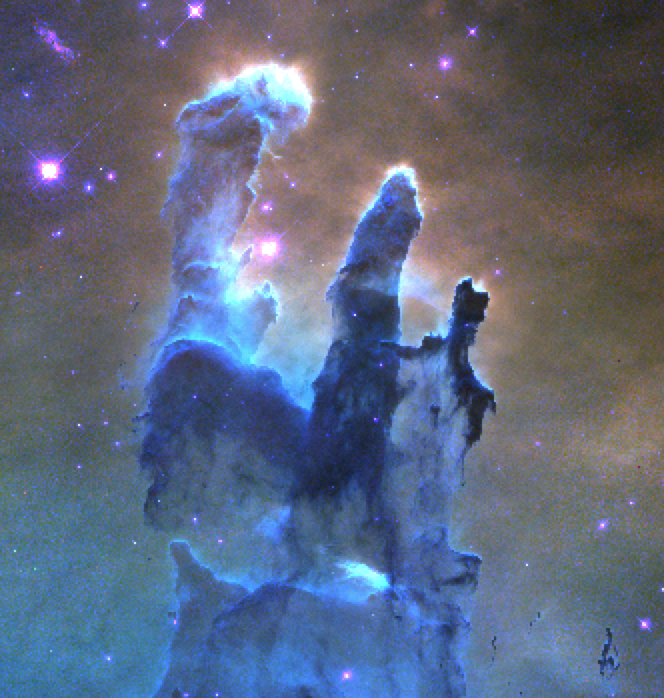
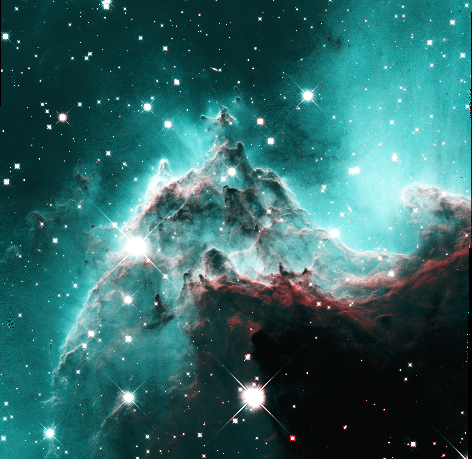

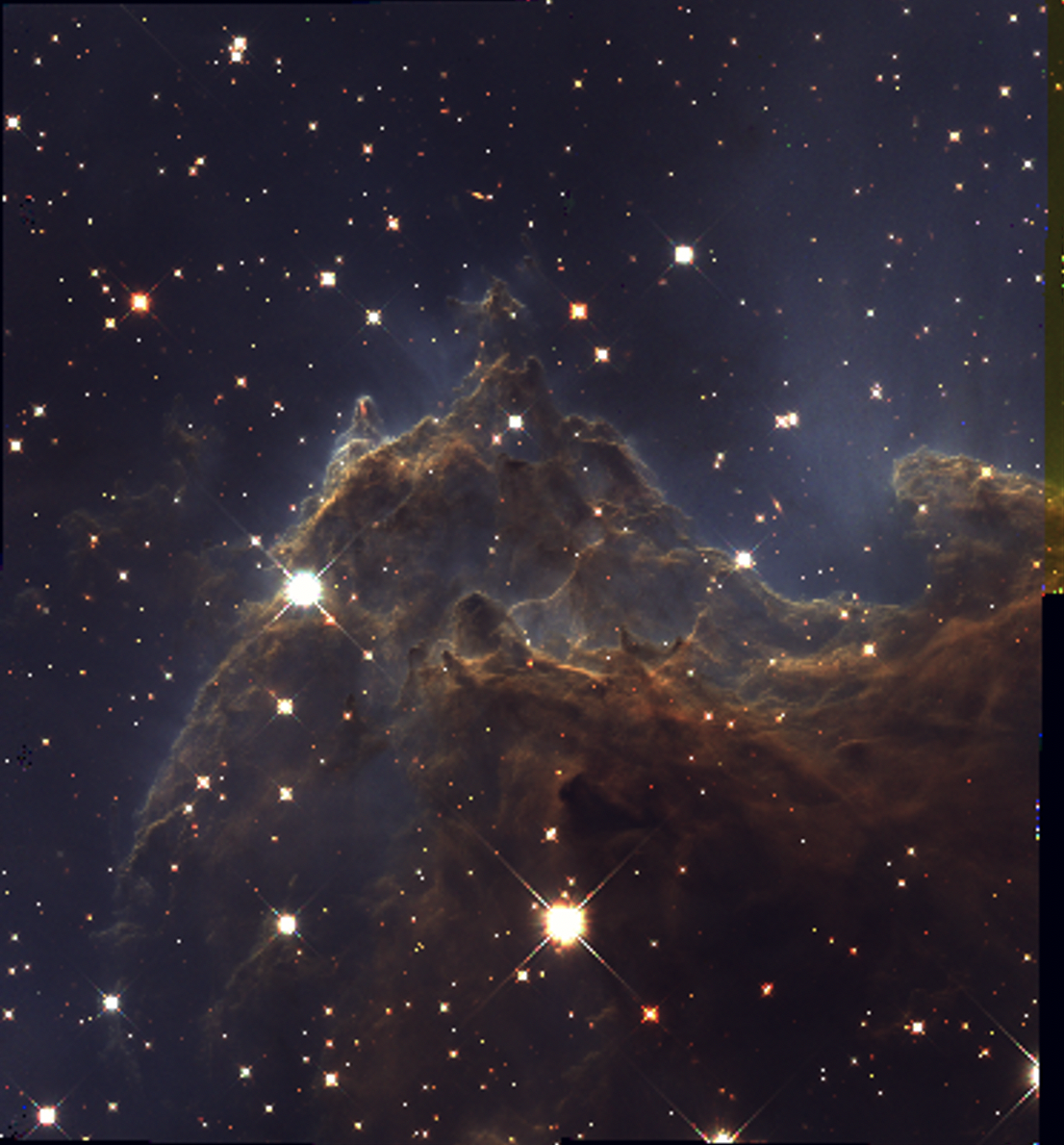
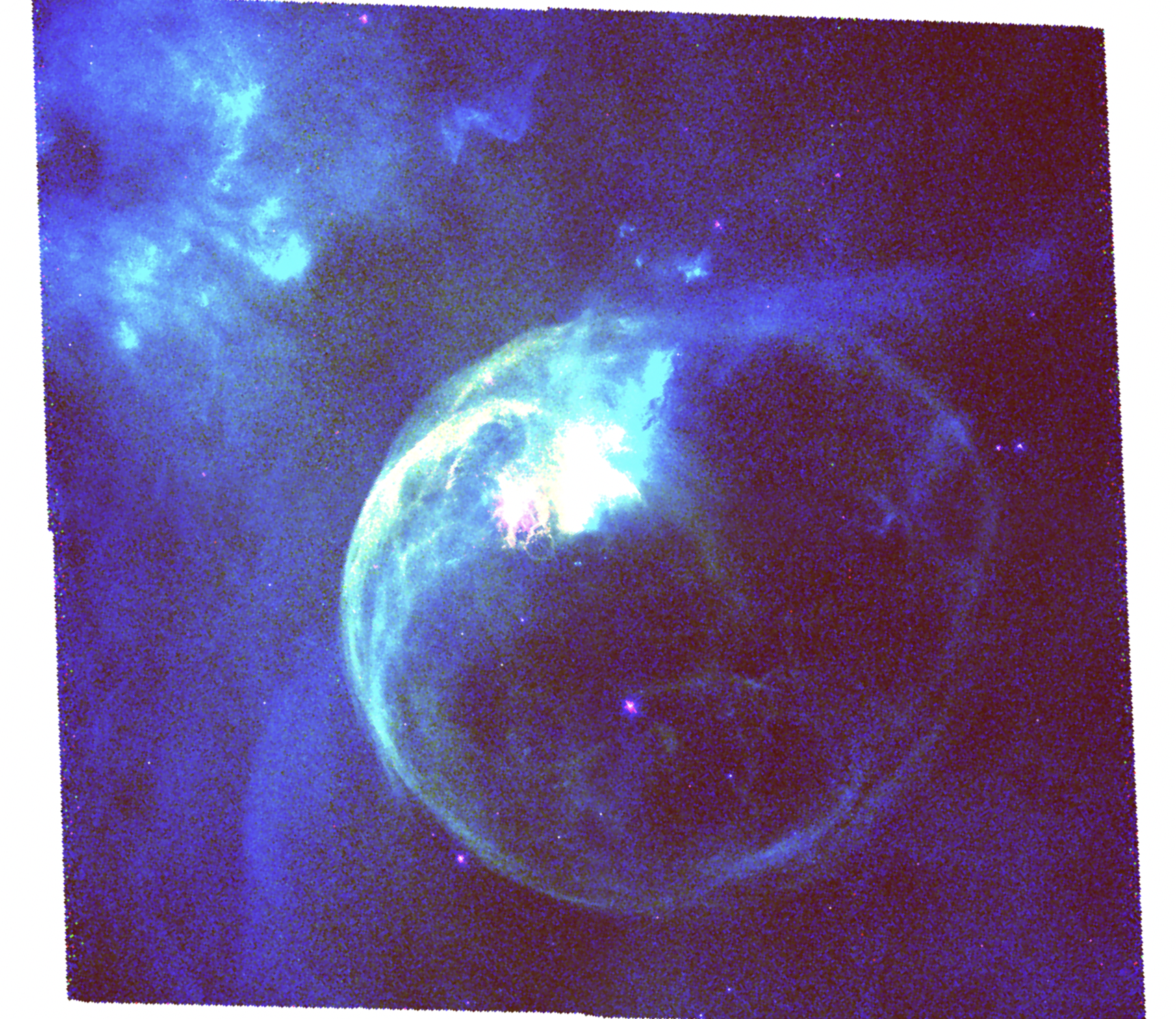
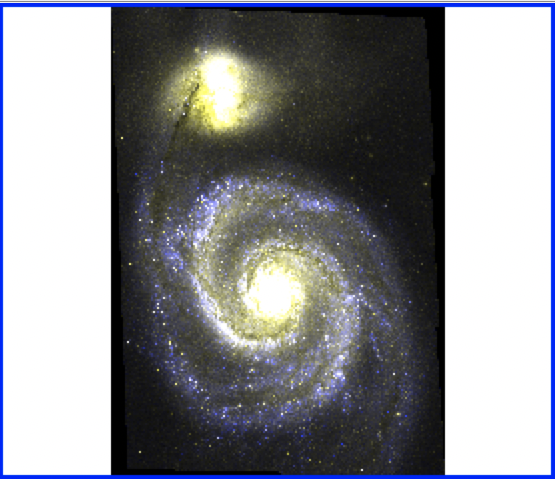
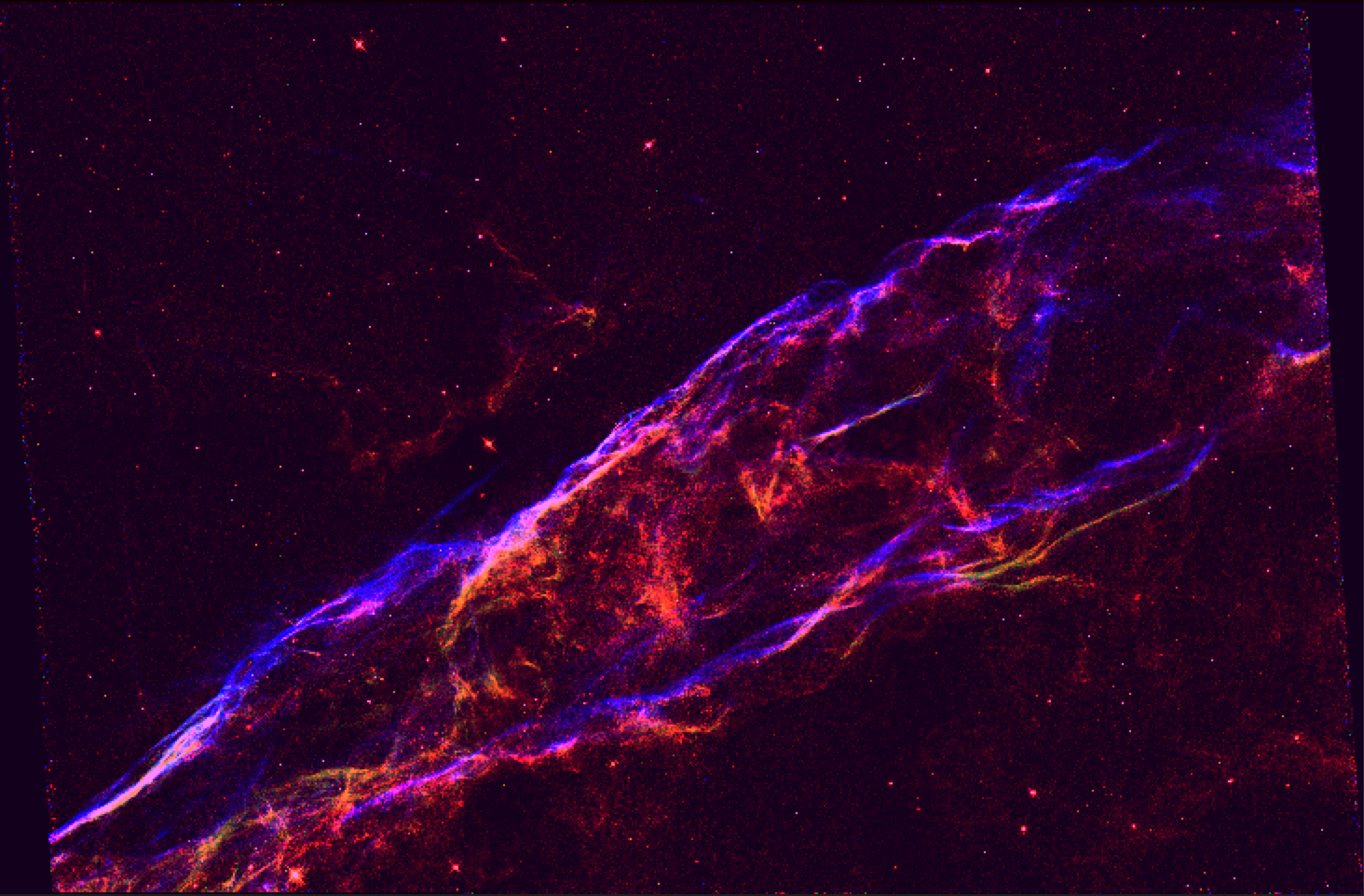
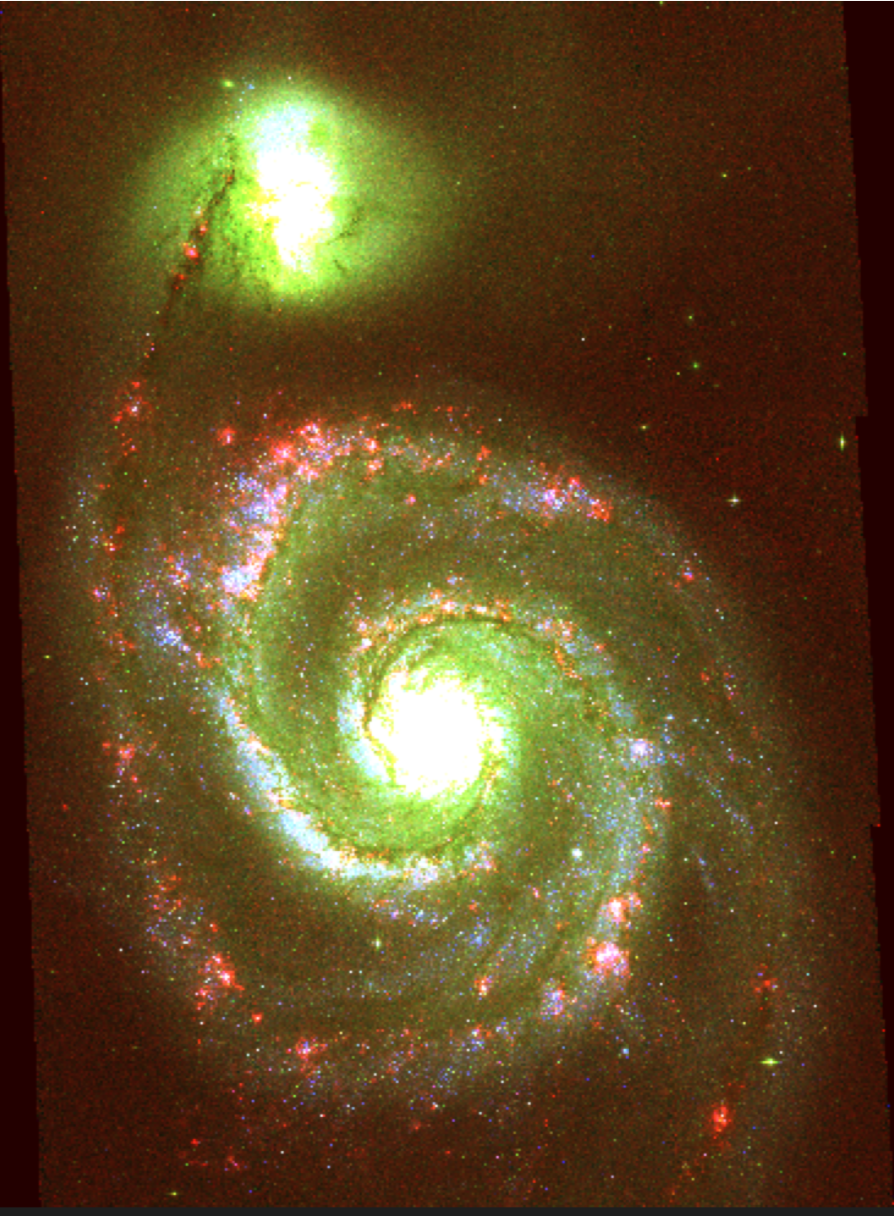
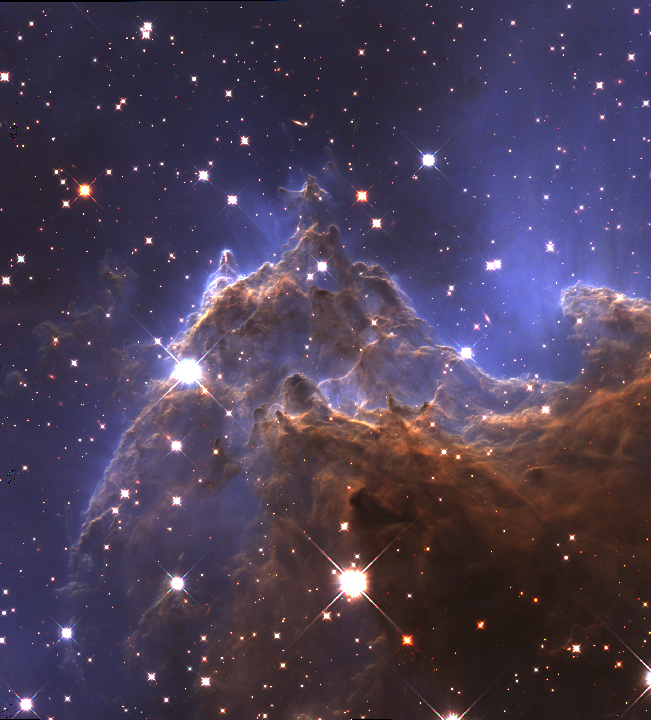
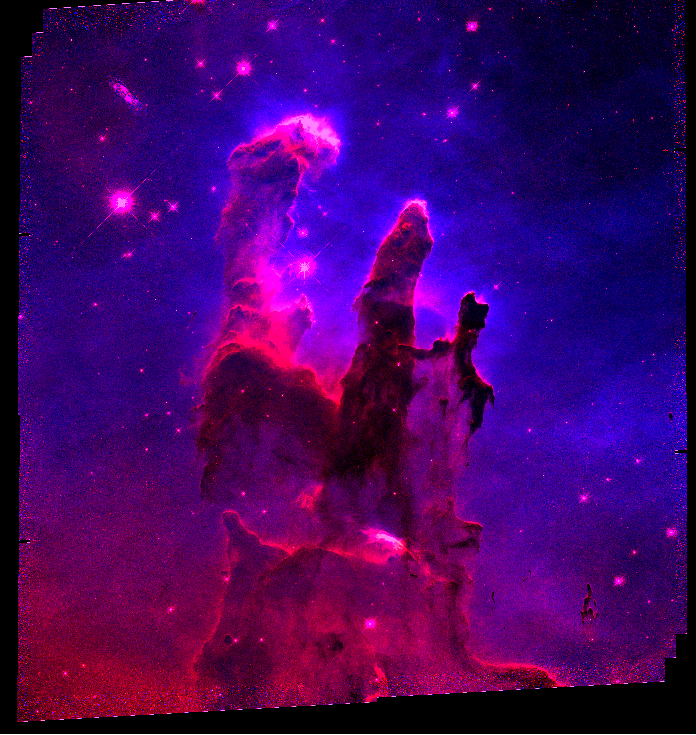
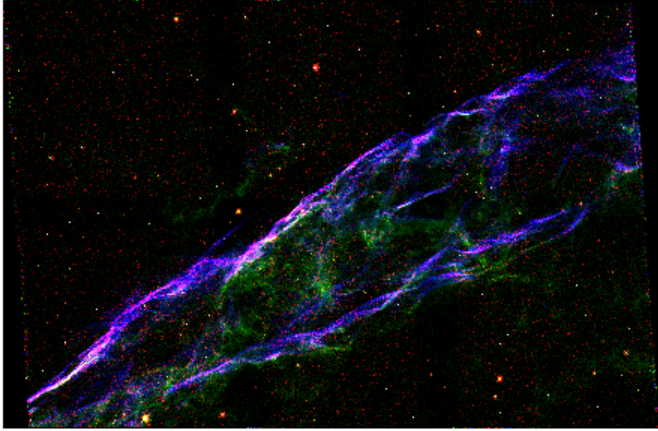
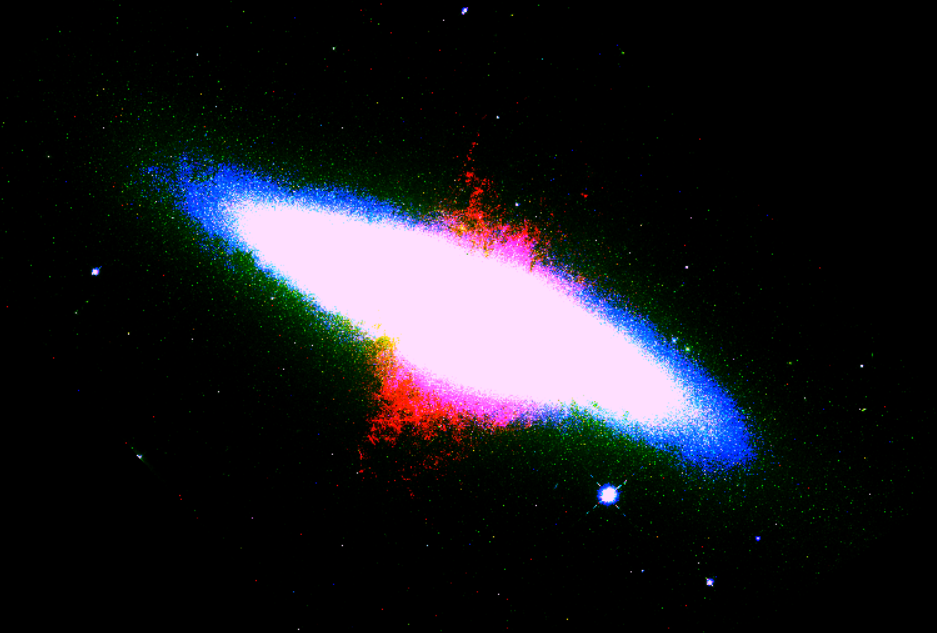
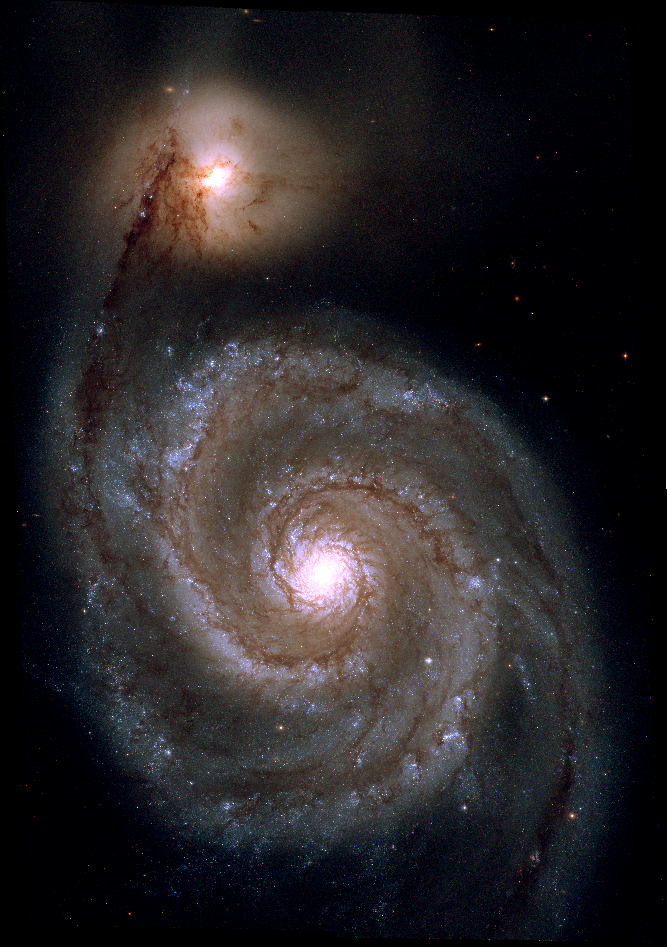
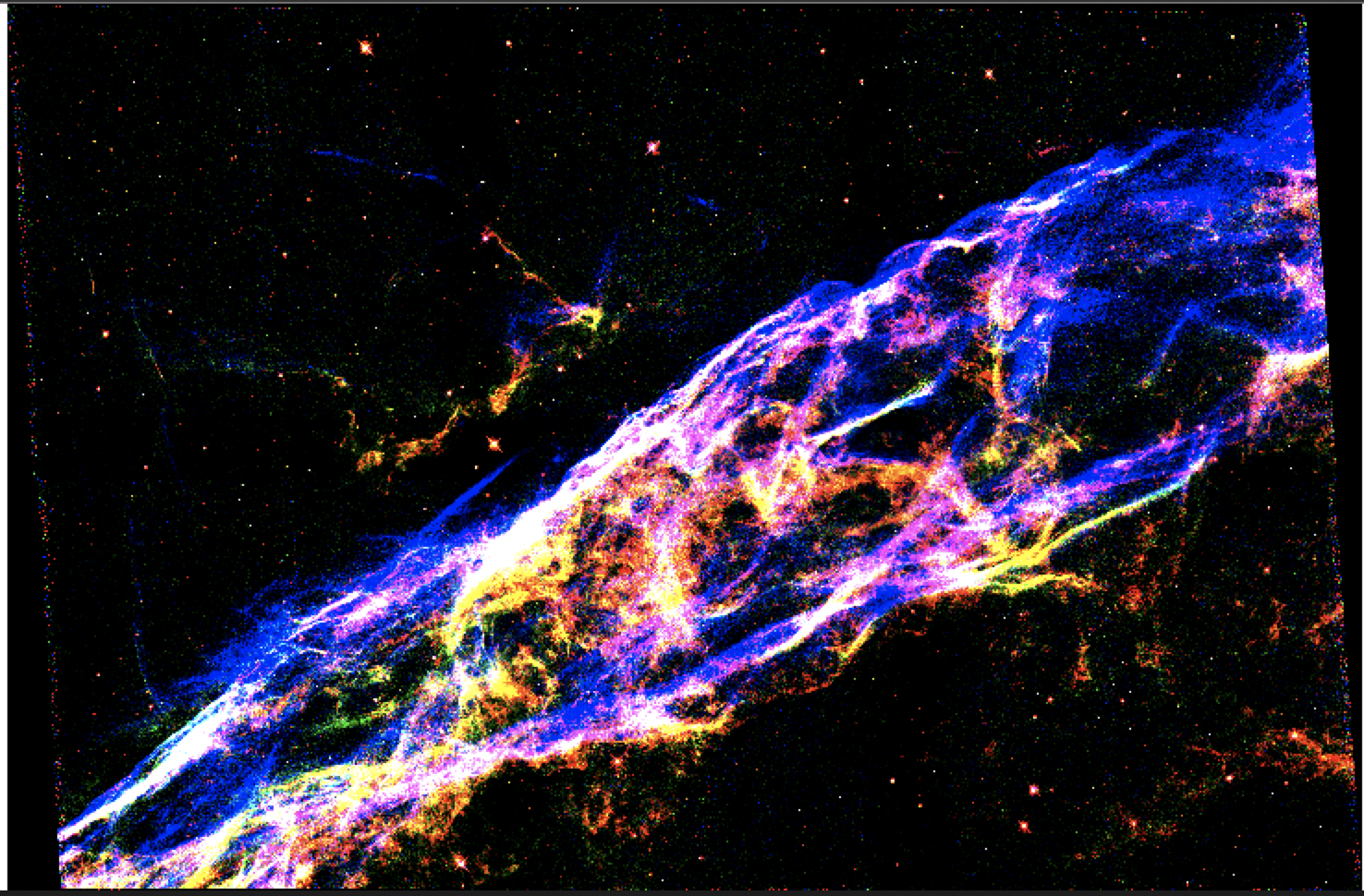
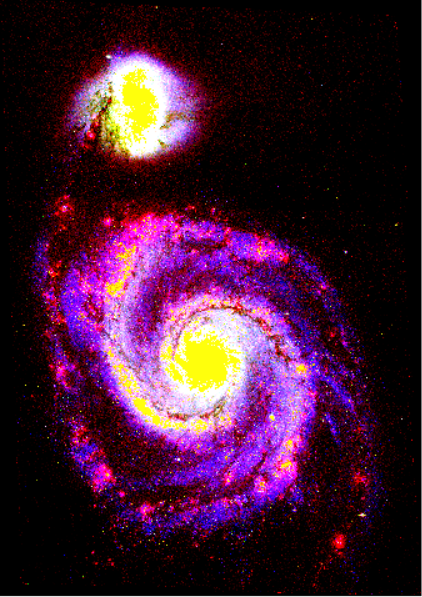
PHYS4720/6720: Galaxies and Interstellar Medium (UConn Spring 2019)
This upper level undergraduate course, cross-listed as a graduate course, describes the observations and scientific theories that shape our understanding of astrophysical phenomena related to galaxy formation and evolution. The goals of this class are (1) to help the student further develop some of the skills central to life as a research scientist (collaborative learning, effective reading, scientific writing, and order of magnitude analysis), and (2) to help the student become familiar with the most important themes and paradigms in the field of galaxies and galaxy evolution, thinking of problems as practitioners in the field do. Course material is available directly through HuskyCT.
PHYS1025Q: Introductory Astronomy (UConn Fall 2017, Fall 2018)
Through the generous support of the Provost’s Large Course Redesign grant initiative at UConn, an exciting overhaul of Introductory Astronomy (PHYS1025Q) is refocusing the course on teaching scientific literacy. The improvements include (1) adding active learning techniques, (2) updating to inquiry-based labs with the purchase of modern astronomical equipment, (3) switching to OpenStax Astronomy, an open source textbook, and (4) integrating learning outcome assessments into the course. Course material is available directly through HuskyCT.
Astrophotography from Night Observing – Fall 2017
